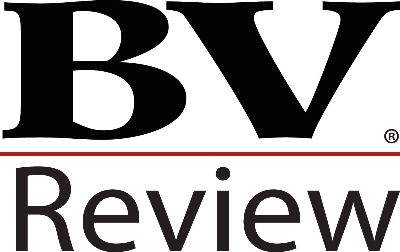Valuing Contingent Consideration under SFAS 141R, Business Combinations: Issues and Implications for CFOs and the Transaction Team
Statement of Financial Accounting Standards No. 141, Business Combinations (revised 2007) (“SFAS 141R”) overhauls the financial reporting requirements for business combinations. The implications are broad and numerous. The transaction price, the amount of goodwill, the number of financial statement items recorded at fair value, and the time it takes for a transaction to become accretive all will be different under this new standard. A key change in SFAS 141R is the requirement to recognize contingent consideration at fair value on the acquisition date. Valuations of contingent consideration will need to be transparent and well-supported to withstand audit scrutiny. Furthermore, the potential earnings impact of subsequent re-measurement of certain contingent consideration assets and liabilities raises a number of important issues for transaction structuring and for the negotiation of transaction terms. This paper discusses how to value contingent consideration and the implications for the CFO, the financial reporting function and the transaction team of this important aspect of SFAS 141R.Abstract
Contributor Notes
Dr. Lynne J. Weber is a managing director and the leader of the Strategic Value Advisory Practice at Duff & Phelps. Dr. Weber has more than 25 years of experience consulting on valuation of business strategies, transactions, and operational improvement strategies. She holds a Ph.D. in operations research and a master's degree in statistics, both from Stanford University, and a B.A. in mathematics from Cornell University.
Dr. Rick G. Schwartz is a managing director in Duff & Phelps's Corporate Finance Consulting Practice. Dr. Schwartz provides valuation and strategic advisory services to support merger and acquisition transactions; licensing and partnering decisions; and strategic investments in the life sciences, high technology, and other industries. He has a Ph.D. in engineering–economic systems from Stanford University.

